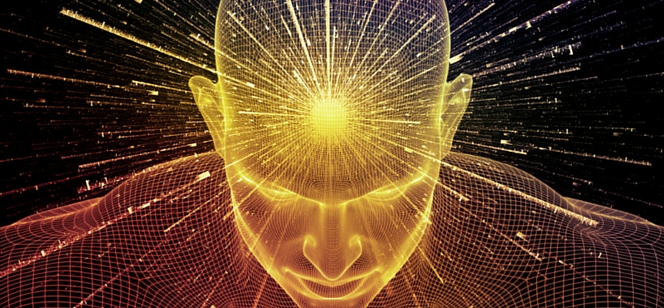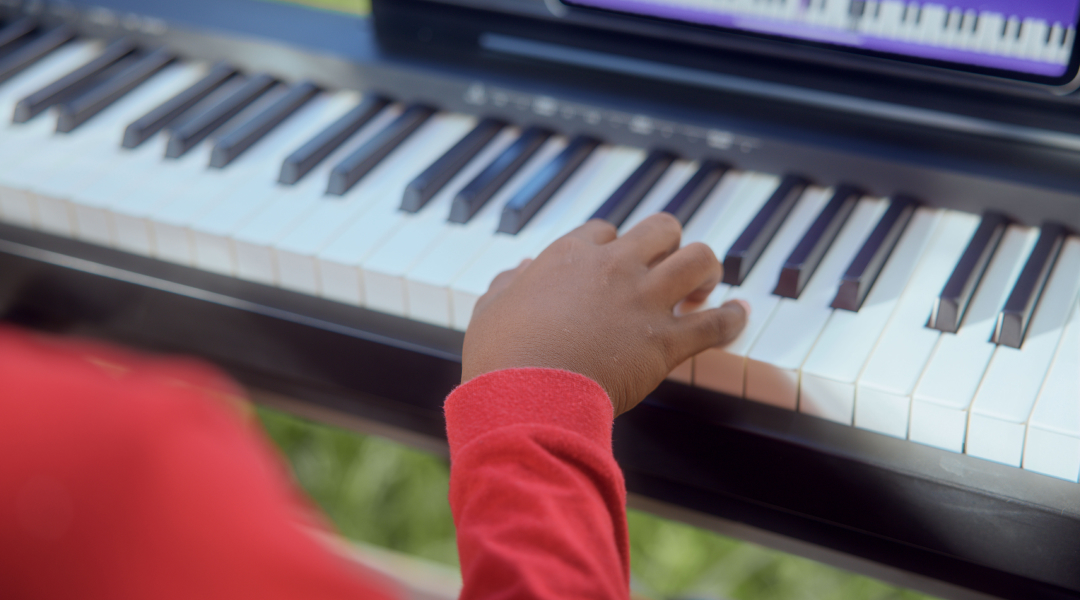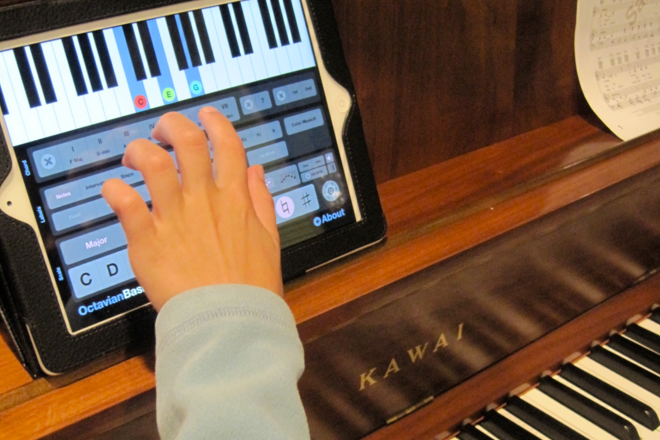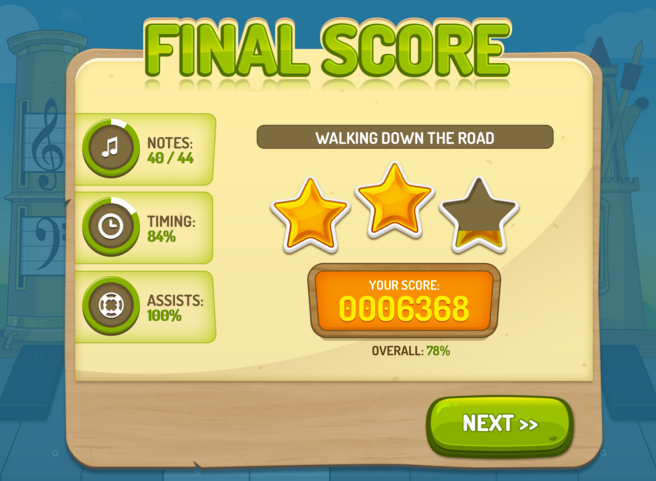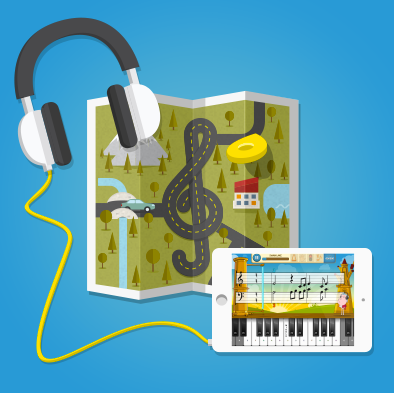Memory Overload? Here’s What Music Can Do to Help
Whether you’re trying to get through finals, are making a quick run to the grocery store without a shopping list, or are desperate not to forget the phone number you just got, memory is an essential part of our daily lives. In fact, we are so completely overloaded that our memories don’t function optimally at all. It may surprise you to learn that music can have dramatic results on both memory and the brain in general. Want to improve your verbal recall and remember things you’ve learned or heard better? Read on to see how learning the piano or listening to your favorite tunes can make your memory stronger.
Music on the Brain
First, let’s get the facts straight. Memory is controlled by the left temporal lobe. The brain creates memories by sensing and recording outside stimuli. When this stimuli is experienced frequently, the brain transfers a memory from its short-term storage space to the long-term memory zone, making that information easier and faster to access.
Now, here’s where music comes into the equation.
Music positively affects learning, language processing, memory, and motor skills. It wakes up parts of your brain that aren’t used regularly and makes stronger connections to the stimuli associated with the song. Basically, music can trigger memories, even in patients suffering from severe brain dysfunctions such as Alzheimer’s or dementia. A recent Boston University study showed that dementia patients were able to learn new information better with the help of musical assistance.
Musicians actually displayed larger left temporal regions than non-musicians, making their verbal memory stronger. That means spoken words such as those given over during a lecture, or in an ebook you listened to while driving to work will become part of your long-term memory more easily if you are a person who also plays the piano.
The Mozart Effect
The Mozart Effect is the phenomenon that proves that music has definite, perceivable effects on mental tasks. While the initial opinions on the subject believed that baroque-style music was the only beneficial choice for enhancing learning skills because of its 60-beat per minute tempo (hence the name), presently scientists understand that any music that the listener enjoys will have the same positive effects (though very loud, complicated music can easily distract or overwhelm the brain, proving counterproductive to memory enhancement). The musical pattern engages both sides of the brain, and since both sides of the brain are working concomitantly, you are turning up the power to its greatest potential.
Learning to play piano or other instruments also activates both sides of the brain, so you can foster even more powerful results all the time just by teaching yourself how to play the piano.
Connecting the Memory Dots
Another way we can understand the power of music on our memory is by comparing it to a reminder note you leave yourself on the mirror. You don’t have to write out everything you want to remember on the little piece of paper, but when you see that sticky-note, you’ll know exactly what you wanted to recall. When you listen to music while you’re studying/learning something, you create a connection between the music and that information. When you replay that song in your head, your brain will automatically retrieve the associated information as well. It’s like seeing your reminder note. This is an excellent method for learning new information or reviewing notes for a test.
From the emotional to the therapeutic, music has so many positive effects on the brain and body. Unleash your potential and become the greatest you ever, all with the enjoyable power of learning to play music.





